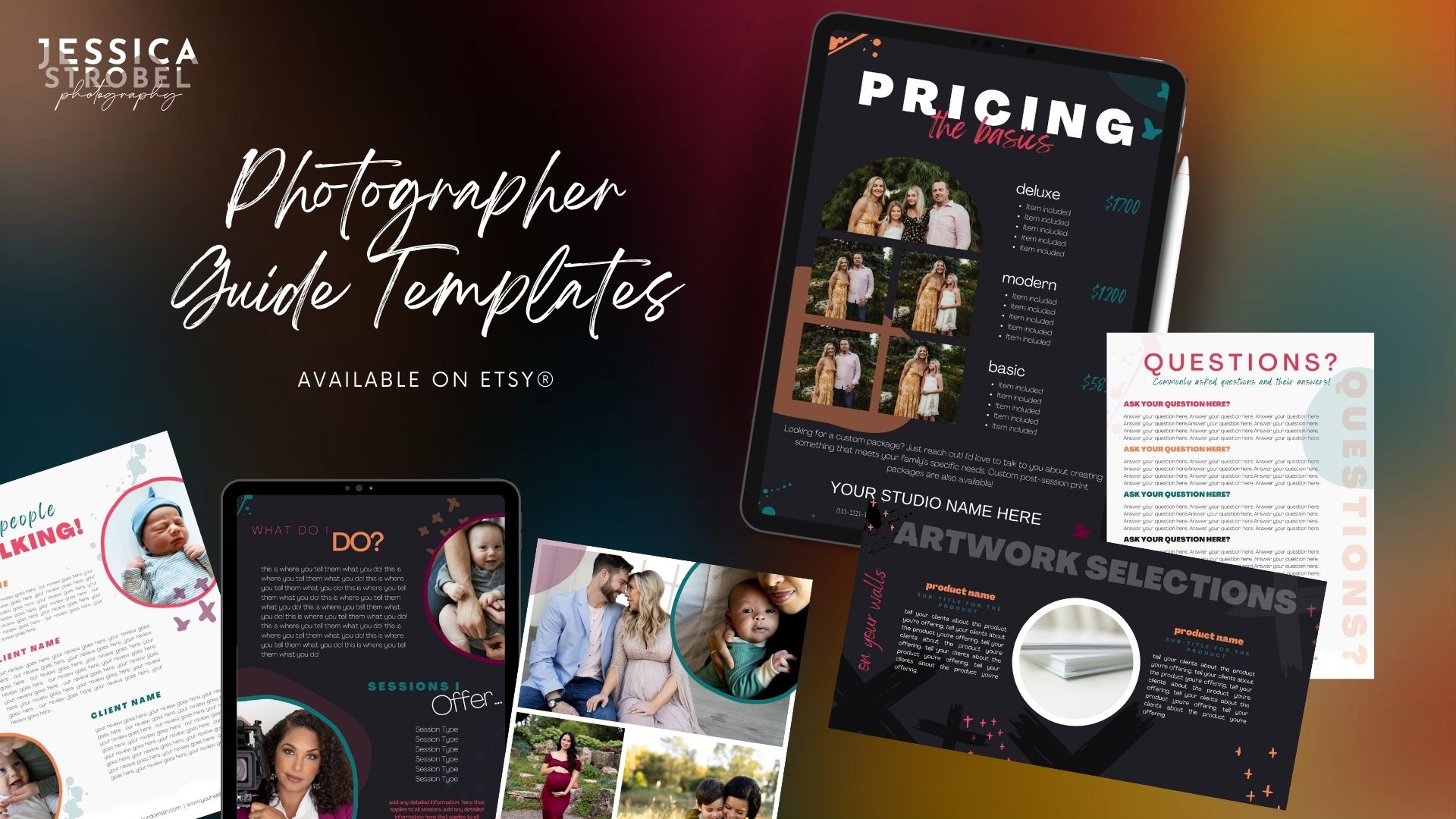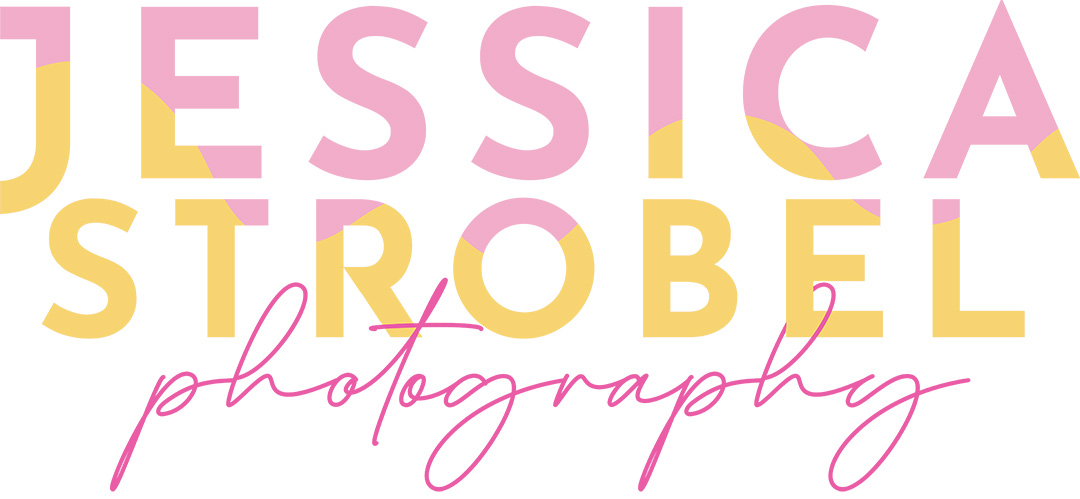Choosing the right keywords MOVES THE NEEDLE.
Blogging is a powerhouse for your website as a professional or business owner, since it tells Google a million things about your website. We’ve talked about how important including keywords is, and how important blogging is… we’ve even talked about coming up with topics to blog about. But what about the keywords themselves?
If keywords are feeling overwhelming… I get it. They can be a LOT. And with how important they are, it’s really easy to get caught up in which ones to pick, instead of spending that valuable time doing OTHER things. Like, I dunno, running your business.
So to make things a little bit easier, I’ve pulled together a ton of ways you can come up with keywords that will work for YOUR online presence, whether you’re a photographer or not! That way you can spend more time on what YOU do best, and less time choosing SEO keywords for blogging.
***This is a part of my series on digital business success, and you can see even more (mostly photography focused!) tips and tricks elsewhere on the blog.

Keywords Are Your Best Friend For SEO
Before we get into actually PICKING the keywords, we’ve got to cover two things, though. The first, is what keywords actually do for you. The second, is what a keyword actually IS – because believe it or not, it might not be what you think.
What are Keywords, exactly?
At the absolute core, keywords are thematic words or phrases that Google (or another search engine) comes to associate with a specific webpage. Notice I didn’t say “it’s a word you choose to assign to your page”. When people think about SEO keywords for blogging, a lot of the time they imagine a little meta-data box that they can pop a keyword into, and that will be sent to Google somehow via magic, and then that will make them show up in searches. Bada-bing-bada-boom. But unfortunately… it doesn’t work that way.
As close as we can get to how this ACTUALLY works, is: Google scrapes your pages. The pages have content on them, and it reads that content. It looks at the frequency and density of repeated (related) phrases, whether those phrases are in the alt-tags for images, maybe it’s in the title of the page, and the excerpt description as well. Based on this and about 1200 other details about your page and a billion details about OTHER people’s pages, it may or may not display your page in the search results when someone searches for that keyphrase.
A keyword can be a single word, or it can be a multi-word phrase. And that’s basically as stripped back as we can get when it comes to understanding what a keyword actually is, and how it does work for you. This is why they’re so important – Google understanding the content on your website determines where (and whether) you appear in search.
So how do we actually pick good keywords? I’ve got a variety of favorite strategies, but we’re going to walk through just a few!

Think About Your Clients
The first thing you should be thinking about when you’re picking SEO keywords for blogging, is your clients! To be fair, they’re the first thing you should be thinking about when it comes to ANYthing on your website. But anyway, in this context, you mostly want to be thinking about them from the perspective of the kind of web searches they make.
It might also be useful to have a little think about where they spend time online in general, because if Pinterest is on the list… it can also boost your SEO a ton if it’s done properly!! But we’ll get to that another day. There are two basic strategies for keyword generation that come from thinking about your clients, and I use them all the time!
What Do You Wish They Knew?
First up, is what you wish they knew! When you’re picking SEO keywords for blogging, you’re probably going to be matching these with topics you want to write about, or that you’ve already written about and you need to optimize. That’ll depend on whether you prefer to write your posts and THEN add keywording, or you want to choose keywords and THEN write. I personally use a combination of both, depending on the post topic. Keeping my process flexible keeps me interested, what can I say?
Back to the point though: what do you wish your clients knew about what you do before they reach out to you? If you own a yoga studio, do you wish they knew about a specific spiritual health practice? Or about inclusivity at your studio? How can you take those and frame them as a search question, or general topic? If you’re a photographer, say, maybe a newborn photographer, do you wish they knew about safety, for example? Make a list of these. Then… dilute them down to phrases made up of a few words. You can use these as topic starters for blog content, but also for keywords! Once you have your list, you can even try popping some of them into the Google search trends tool for your region, to see whether there are already searches being made about that topic.
What Are They Asking?
Question two that you can ask yourself about your clients, is what THEY’RE asking YOU! I know, answering a question with a question is the worst, but in this context it’s the only thing that makes sense. If your clients are asking YOU questions, you best BET they’re asking Google.
So think about the things you get asked on a daily or weekly basis! Keep a log of the questions your clients ask, and look at it whenever you need inspiration for SEO keywords for blogging. Or even just overall topics for blogging, too! You can create some GREAT blog post titles from the questions your clients ask.
If you don’t get a ton of questions, think about asking your own! Put up a story on Instagram with a couple of prompts, and have people choose which thing they’d prefer to know. Answer it in a story initially, but flesh it out even further in a blog post! There are TONS of ways to figure out what your clients are asking, even if they’re not reaching out directly to ask you.

Search Trends
The other approach to coming up with SEO keywords for blogging, is to approach it from the search engine side, instead of the user (client) side. I list this one last because honestly the client-based ones come more naturally, and the process of blogging is messy enough without making it even less intuitive!
But anyway, you can use search trends of a variety of sorts to get information about what keywords to blog about. If you already have a baseline amount of traffic and have Google Console installed on your site, you may even be able to use the searches you’re already showing up in to prompt other keywords you might want to use! If that’s the case, go take a look at the searches you’re showing up for. You might be pleasantly surprised by what all comes up!
Beyond that though, there are about a million ways to get search trend information. My two favorites though, are AnswerThePublic, and believe it or not… Pinterest! Depending on your industry, you might also have good luck with the direct Google Trends tool, but for lower frequency search terms, you’ll have significantly less luck getting good data from that tool.
Answer The Public
I’ve briefly talked about AnswerThePublic before, but it’s essentially a tool that extrapolates a single topic into the questions people are asking on search related to that topic. It outputs the data in a gorgeous little graph, and you can grab a screenshot and use it to inspire blogs for AGES! And that’s just with a single topic in mind.
If you have an audience between the ages of 25 and 65 who are women… you might also have good luck with the Pinterest strategy! All it requires, is typing a topic or word into the search bar… and checking what pops up in the suggestions! You can use a version of this in an incognito browser on Chrome as well, but the Pinterest one always feels a little cleaner to me from a results perspective. The searches clients for your niche search for on Pinterest are important for SEVERAL reasons! First, Pinterest is a buy-ready audience, coming to the platform with a question in mind. So the questions they’re asking on Pinterest? They’re the questions they’ll be asking on Google too. And if you DO have an audience who uses Pinterest, then you’re going to pin your posts after you make them, right? So it would only make sense to take that platform into account when you’re choosing SEO keywords for blogging.
SEO Keywords for Blogging Takeaways
Look, blogging is a huge project, I totally get it. But choosing the SEO keywords you use very carefully can help ensure that your work goes as far as humanly possible once it’s posted! And I want to make sure your posts do the work for you. Because it’s important to make sure that the things you’re spending your time on in your business ACTUALLY move the needle!
P.S. Wanna learn more about my mentorship options?





0 Comments